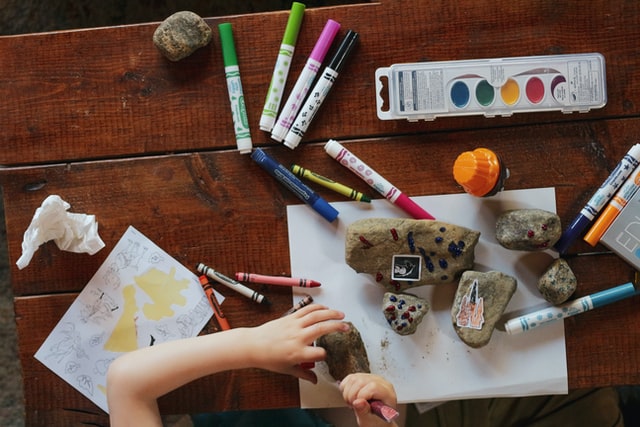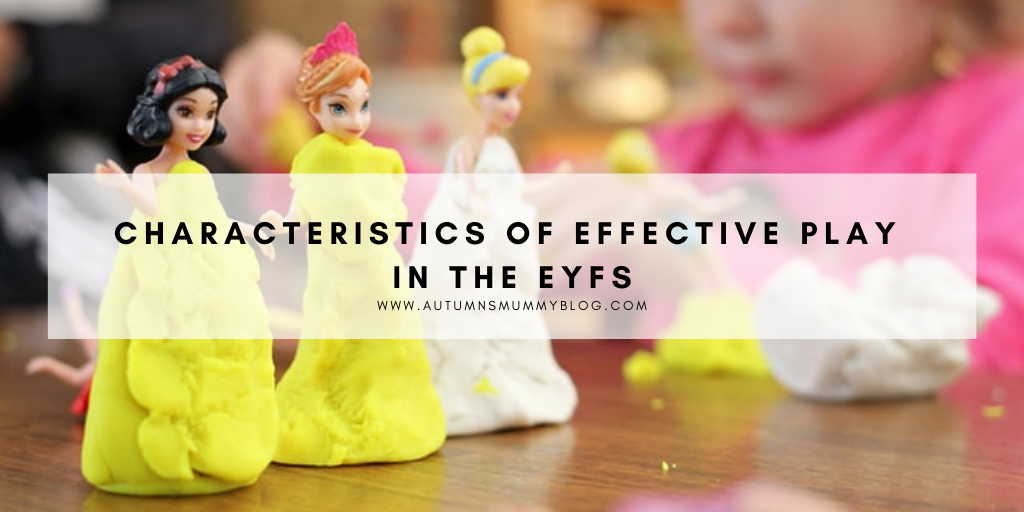
https://unsplash.com/photos/OV44gxH71DU
Collaborative Post¦ We are all aware that playing is an extremely portion of healthy development during the Early Years Foundational Stage (EYFS). Not only do these activities help to build confidence while teaching children about the world around them, but playing is an excellent way to encourage problem solving within group settings. However, we also need to understand some of the main characteristics of effective play in relation to the EYFS. Let us take a quick look at a handful of crucial metrics which should always be accounted for.
Exploring and Playing
As this article points out, children do not often differentiate between playing, learning and exploring at an early age. This is very important, as children can learn from a first-person perspective while better understanding how they impact the outside world.
Also, it should be mentioned that children will normally begin choosing whether to play with parents, friends or within more solitary settings. This is an effective way for teachers to gauge whether or not specific children may need more encouragement in terms of social interaction.
Proactively Learning
The concept of motivation is another key component in regards to effective play in the EYFS framework. This subject will normally be broken down into three segments:
- Learning to become involved in a specific task or projects while maintaining the appropriate level of concentration.
- The ability to keep trying even if one initially fails.
- The simple act of enjoying activities and appreciating when an accomplishment is made.
Children who are able to foster this sense of proactive learning will be more likely to approach future challenges with a sense of enthusiasm. They may also inspire others to feel the same within traditional group settings.
Thinking Critically and Creatively
Modern EYFS tracking software is intended to provide parents, caregivers and educators with the ability to monitor the progress of a child on a daily basis. Of course, creative thinking and critical approaches towards problem solving are also important during this foundational stage.
This often begins with a child who learns to formulate his or her own ideas (whether as a simple result of imagination or when setting out to complete a designated task such as tackling a basic maths problem). These beliefs can then be linked to the real world; further reinforcing their appreciation of how certain actions impact those around them. Finally, children will also start to actively choose what it is that they wish to do during a play session. This illustrates the foundations of independent thought; a crucial aspect of early emotional and mental development.
Children are able to absorb a surprisingly massive amount of information when playing. This is why such behaviours have existed since ancient times. The good news is that modern tracking software programs will now enable teachers to better appreciate how each child is progressing in relation to the others. Any corrections, suggestions or guidance can then be performed sooner as opposed to later.
Disclosure: This is a collaborative post.
